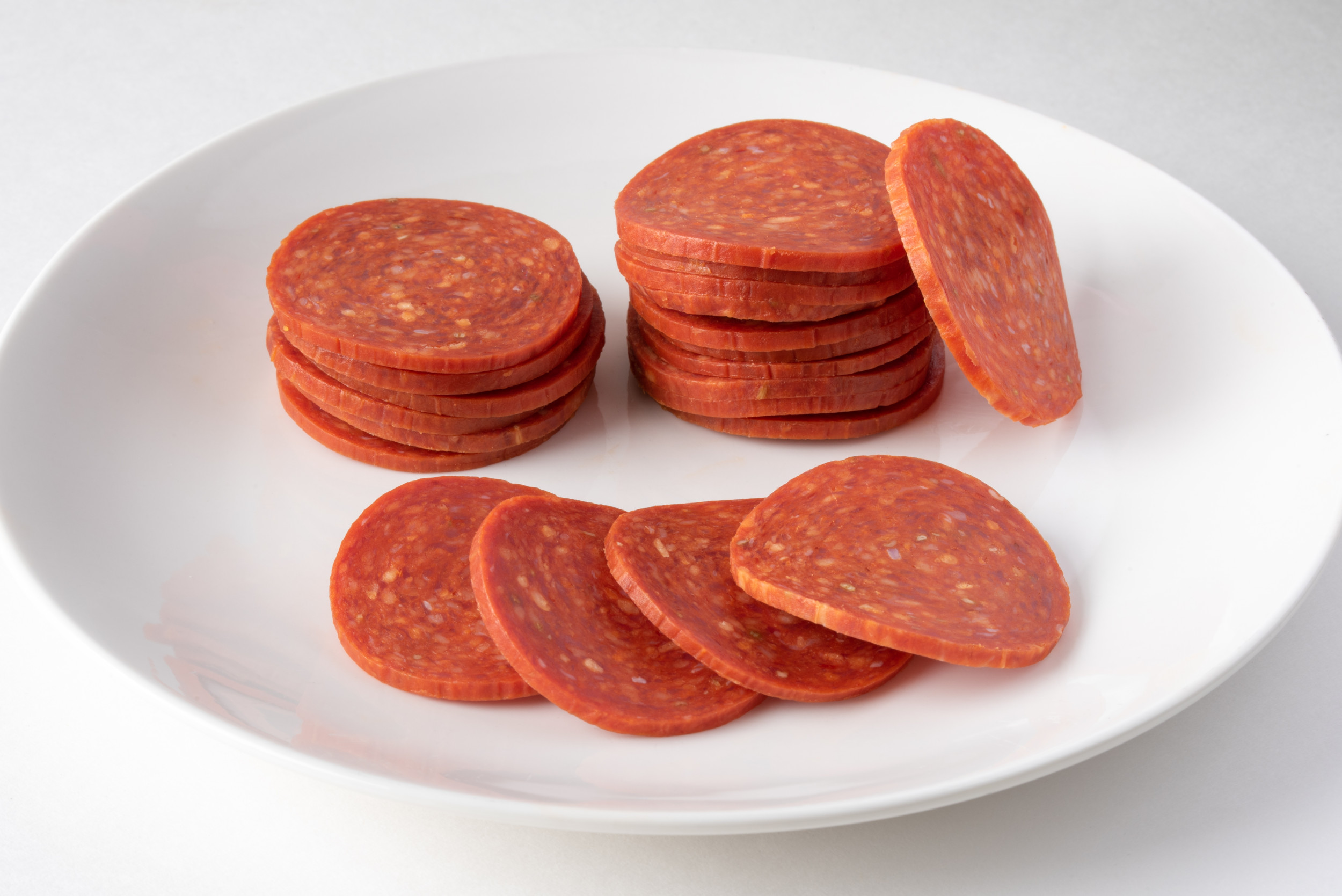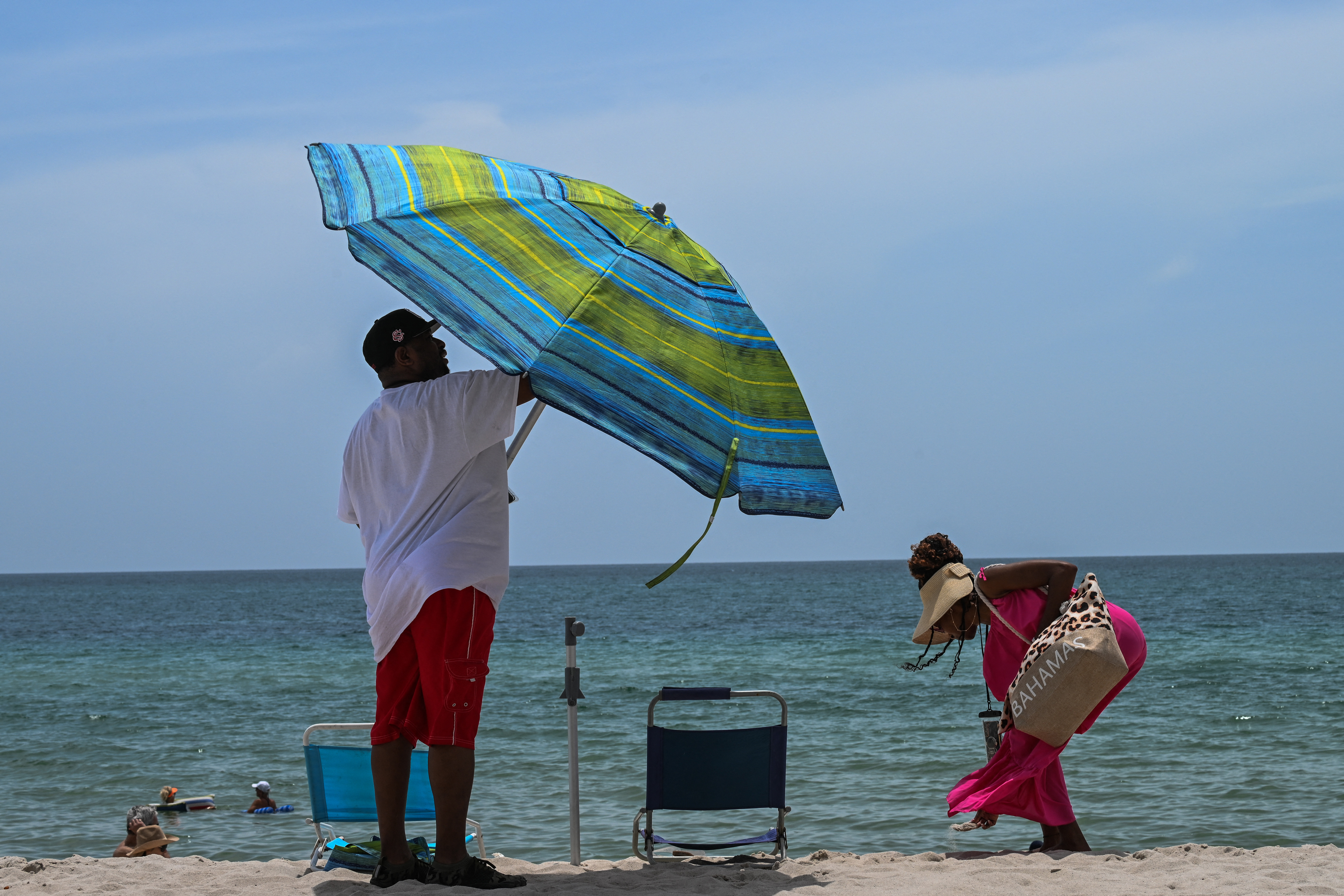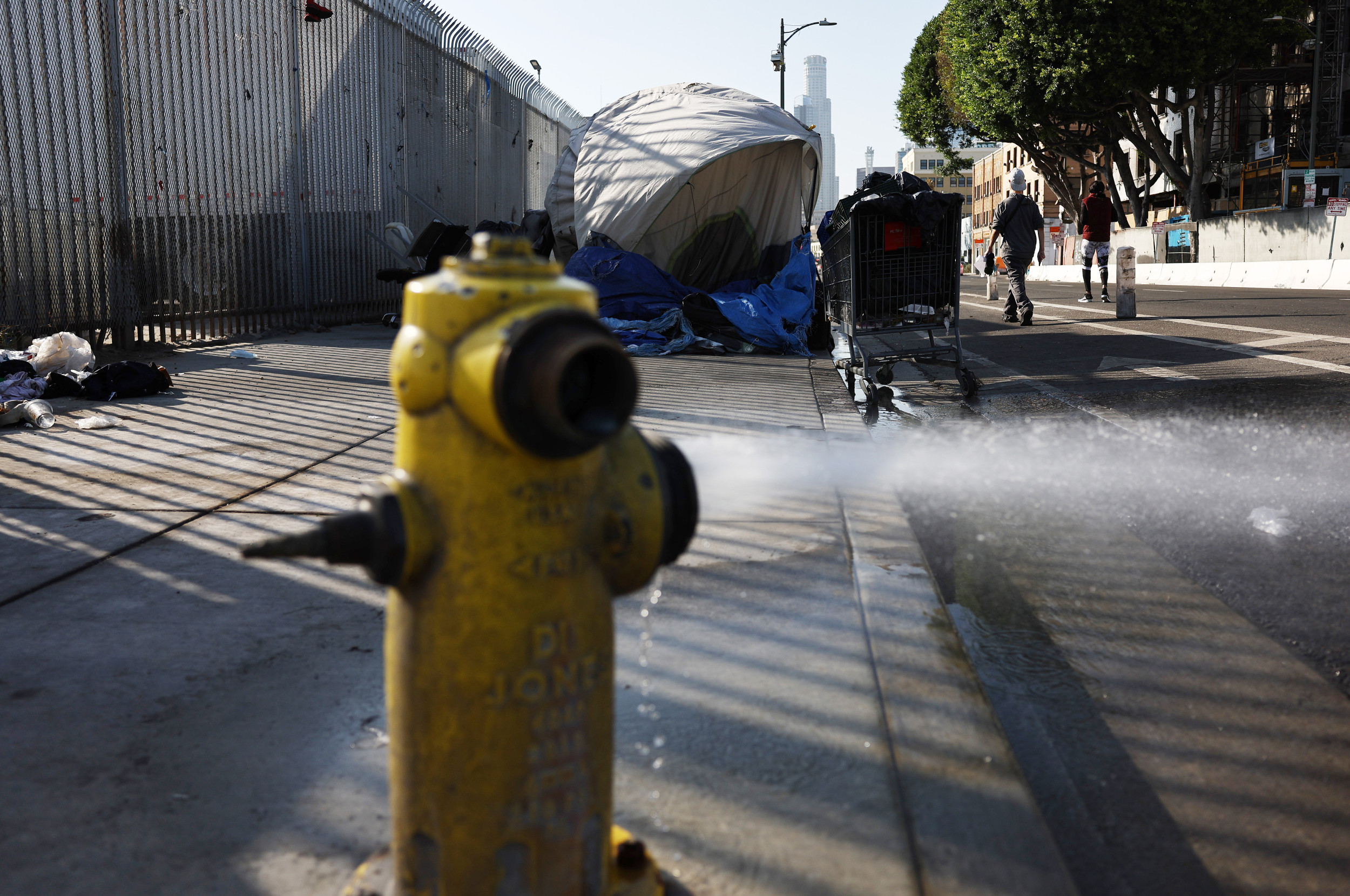I held my breath as I watched my son Drew's black Honda pull away from the curb. I could see through the hatchback window a mound of colorful T-shirts balled up and intertwined with white sports socks and the swoosh of his favorite Nike sneakers pressed up against the bottom left corner. All his worldly goods rode along with him as my son drove away.
I clutched my roiling, emotional stomach—his first home. I felt my husband's arm pulling me closer, and I knew what he was thinking: "How did we get here?"
Twenty-three years ago, he'd dubbed our son Dark & Stormy Drew, in recognition of the lightning and thunderstorm that raged outside the hospital window on the night he was born—and for all of those festive cocktails we'd consumed in Bermuda, as newlyweds.
"It goes so fast," said the family and friends who'd streamed into our hospital room, peering into the isolette at the foot of my bed to see our newborn son, exclaiming at his little fingers and toes, alert marble eyes, and the wisps of soft brown hair that curled atop his head.
A trite cliche, granted, but it was that same truth, the thief called time, which pierced me now.
An only child until he was seven, Drew had been ecstatic about his little sister's arrival. Because Dayna was adopted, we'd been able to bring her home from the hospital when she was just one day old. Drew had been outside playing with the neighbor boys and came barreling over to the car when we arrived home from UCLA Santa Monica Hospital, the same place where he'd been born, and delivered by the same obstetrician.
"Keep everything as equal as you can," our social worker had instructed. She knew the challenges of what she referred to as a "mixed family," one where a biological child and an adopted child are raised together.

Drew took one look at his newborn sister and demanded "Why is she so red?" Then he laughed and ran back to his friends.
Right before Dayna was born, the same social worker had told us not to be surprised—but instead to be prepared for the day—when our son would say something like "I'm the real child" to his sister, amidst a sibling power squabble.
I dreaded it, but stored the possible zinger away with the school mom who, while admiring my infant daughter, looked at me quizzically and asked, "But where is her real mom?"
Drew never did play the hurtful, "real child" card with Dayna. Maybe because she so seamlessly completed our family. My girl had fulfilled the prophecy of a dear, intuitive friend, who had said, in a flash of discernment, "Your daughter is coming to you, but not through you."
Maybe it was because Drew knew that one of the big reasons our birth mother had chosen us was because of him—meaning she'd liked the idea of her child growing up with an older brother. Most likely, Drew hadn't tried to one-up his sister as she grew alongside him, because, as I knew and had observed, my son was both sensitive and kind.
We three remained home and weathered the transition, growing accustomed to our "new normal," welcoming Drew back to the fold during his summers off from college. Soon, four years had passed, and Drew was a college grad, flying home from Denver to move into his childhood room at our house in Los Angeles.
"It's just for a year, Mom," he'd warned. I couldn't have been more grateful to have this "bonus" year with my son. I was still working through the guilt I carried from when I suffered from depression and anxiety when I was convinced that I was a bad mother.
Back then, when my husband had left for work and my children were safely in school, I would go into my son's bedroom, armed with a trash bag, and rummage through his things, looking for evidence that I was a Bad Mother.
I always found it.
There were clothes hanging in the closet that he'd outgrown. How could I have left them there, instead of gathering them up and giving them to the Salvation Army? Bad Mother!
In the first drawer of his bureau, I'd found, tucked under his socks and boxer shorts, a porcelain statue of a little boy knelt in prayer, a pewter saint figurine, and a beaded bracelet rosary. Why had I not hung up the cross or put the mementos from Drew's first communion in a shadow box to hang on his wall, as my mother would have done? Bad Mother.
Reaching into his desk drawer, I pulled out a camouflage-covered journal, the one I'd given Drew during the final year of his beloved summer day camp. I hesitated, knowing I shouldn't look inside. But I needed to know if he had heeded my advice to write down his thoughts. Inside, I found only one brief, inked entry, made more significant by the water, or perhaps a tear stain. Why hadn't I worked harder to pass on the tool of journaling to my son? Bad Mother!
When I'd come out of the depression and back to myself, I'd taken my son to lunch, and broached the subject, wringing my hands under the table. He'd assured me that he always felt loved and taken care of. "Mom, you're too hard on yourself," he'd said in response, which made us both laugh, as that was the admonition I'd consistently told him, growing up.
Almost 18 months after delivering his one-year edict, Drew announced he was moving across the country, as he no longer wished to work remotely. My son's role with, and the company itself, was expanding, and he wanted to be there for it. The last week had gone by in a whirl of preparation and today my boy would start a 2,000-mile road trip to a new city where he'd begin a wholly independent life.
Over our farewell morning coffee, I looked into his green eyes. Drinking in his familiar features, I realized I saw no vestige of either the boy, the teen, or the college student he'd once been.
His face was more angular, and mature, and he held himself with the bearing of someone who was confident in himself and his convictions. A bowling ball-sized lump rose up in my throat and I felt tears prick my eyes, as I met this moment of the final letting go.
Placing my coffee cup on the counter, I reached for his hand and squeezed it. I said nothing and smiled instead. My boy had become a man.
Diana Daniele is a writer and literary publicist living in Los Angeles. She is currently at-work on DAMN, GIRL: A Miraculous Memoir, which was recently long-listed in the Tall Poppy Writer's Pitch Contest. Daniele also works as an advocate for invisible illness and mental health.
All views expressed are the author's own.
Do you have a unique experience or personal story to share? See our Reader Submissions Guide and then email the My Turn team at myturn@newsweek.com.
Uncommon Knowledge
Newsweek is committed to challenging conventional wisdom and finding connections in the search for common ground.
Newsweek is committed to challenging conventional wisdom and finding connections in the search for common ground.





